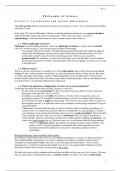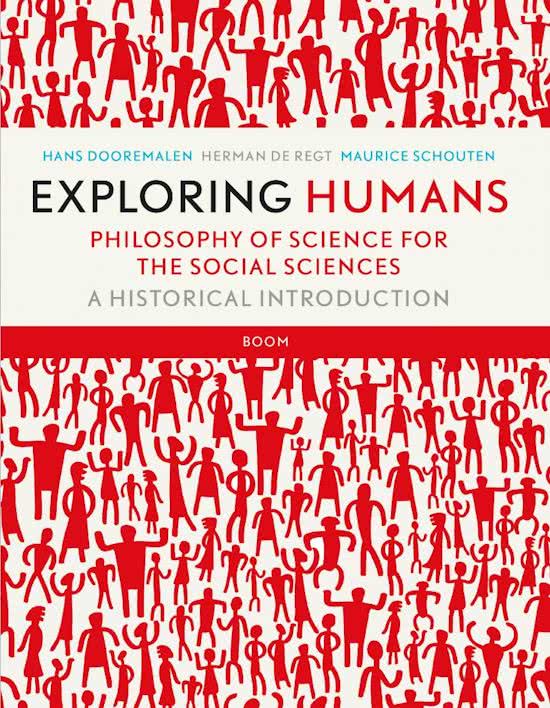Samenvatting
Philosophy of Science all lecture summary
The document contains all 14 lectures (almost word for word!!) of the course Philosophy of Science in English for the academic year 2023/2024. Additionally at the end of each chapter, 5-6 practice questions can be found which were selected from exams of the previous years.
[Meer zien]





